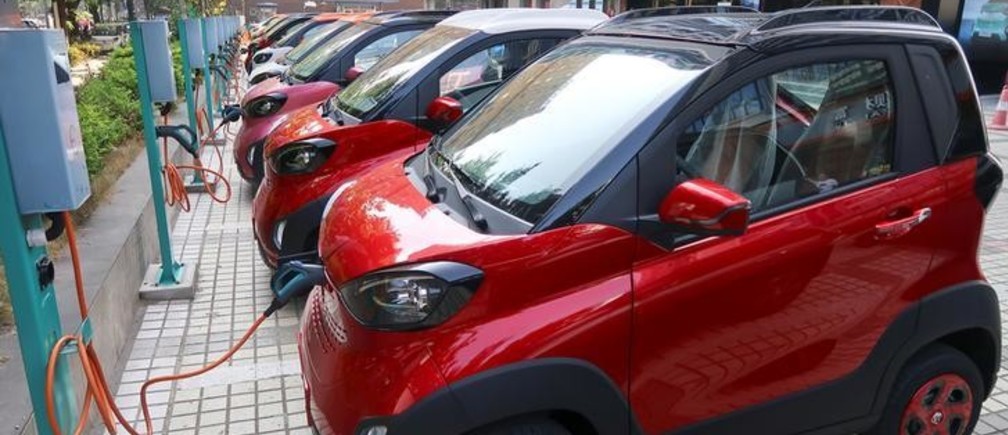Read The Full Article On: Cnn
Electric cars are getting cheaper and they can go farther on a single charge. Still, most car shoppers have one big concern: How will I keep an electric car charged while I’m on a long road trip?950 miles in two days. Taking an electric road trip in a Tesla Gas stations are everywhere. A typical highway exit might have several of them, each with banks of pumps at the ready. And the process is fast: Filling the tank takes just a few minutes. There’s rarely any need to plan fueling stops ahead of time. When the tank is running low, it’s just a matter of pulling off at the next exit, filling the tank, and getting back on the highway. Snacks, drinks and restrooms are usually available there, too. But there are far fewer electric car fast chargers along the highway. Also, despite advances in charger and battery technologies, it still takes much longer — typically about 30 minutes with today’s fast chargers — to recharge a battery than to pump liquid into a tank. (That time will go down a lot in the future, but not for all cars or at all chargers.) To make matters worse, EV fast chargers often aren’t located near convenience stores or restaurants. So, while drivers have longer to wait, there’s not much to do but sit in the car while it recharges. While some are located along highways that have rest stops, others are often in shopping center parking lots, a long walk from the stores, or at car dealerships or hotels at which you might not be staying.
High-speed charging station networks are growing
Electrify America is expanding its network of high-speed charging stations for electric vehicles at a rapid rate. As of July 17, the company had 251 stations installed in the US with plans to add 235 more before the end of the year.
If you build it, they will buy
Electric cars don’t need fast chargers all the time, of course. The vast majority of the time, electric cars are charged at home or at work, using chargers that can take six to eight hours. Fast chargers are different. They are designed to quickly fill a car’s battery — not all the way, which would stress the battery, but usually up to about 80% — so people can get back on their way.
Fast chargers are usually only needed when people want to go on long drives. These chargers are important, though, because people considering buying an electric car need to have confidence they can take the occasional road trip.There are a handful of companies and organizations looking to address that problem. Several have announced partnerships and initiatives to build big networks of EV fast chargers. Some, like EVgo and Tesla, already have fairly extensive networks.The electric car revolution is coming. This is what has to happen firstHow much customers pay to charge their cars — and how they pay — vary. Customers can be charged by the minute, by the kilowatt-hour, or they can pay a flat rate per month. Different companies have “interoperability” agreements with one another so someone who has an account with say, Chargepoint, might be able to use chargers operated by Greenlots and vice versa. From a business perspective, the chargers by themselves aren’t always the point. Parking garages, stores and restaurants often install electric car chargers as a way to attract customers. The company that runs the charger will usually charge some sort of fee. For a company like Tesla, chargers are also a major selling point for the company’s cars. Tesla executives have frequently said its Supercharger network is not intended as a profit center for the company and the money charged, about 28 cents per kilowatt hour, is just to cover costs. On a recent road trip in a Tesla Model S Long Range, it cost about $20 to charge the car to 80% at a Supercharger. Tesla currently has about 1,600 Supercharger stations globally.Volkswagen provides the financing behind Electrify America, which is working on one of the largest charging networks in the US. That money is being provided thanks to a settlement VW reached with US regulators over the automaker’s diesel emissions scandal. VW is also planning one of the largest roll outs of all-electric models in the coming years, but Electrify America is specifically forbidden from using its charger network or marketing to benefit Volkswagen. Electrify America is operated as an entirely separate company and executives insist the company will, on its own, make a profit from people using its charging stations. Electrify America expects to have about 500 fast chargers in the US by the end of the year.

